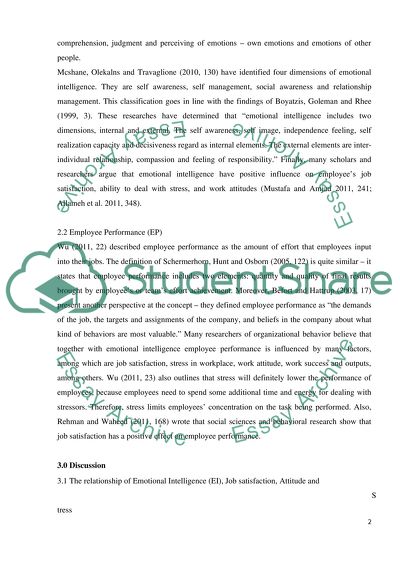Cite this document
(“Business Essay Example | Topics and Well Written Essays - 2000 words - 5”, n.d.)
Retrieved from https://studentshare.org/family-consumer-science/1420877-business
Retrieved from https://studentshare.org/family-consumer-science/1420877-business
(Business Essay Example | Topics and Well Written Essays - 2000 Words - 5)
https://studentshare.org/family-consumer-science/1420877-business.
https://studentshare.org/family-consumer-science/1420877-business.
“Business Essay Example | Topics and Well Written Essays - 2000 Words - 5”, n.d. https://studentshare.org/family-consumer-science/1420877-business.


